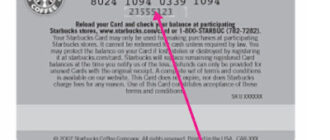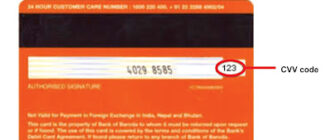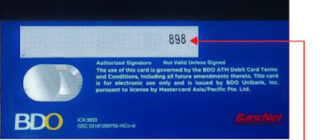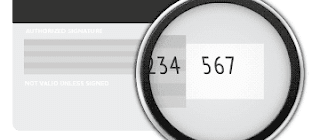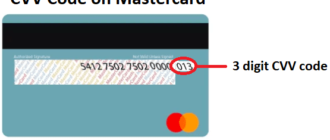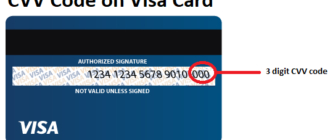Welcome to Your Financial Security Hub!
Hi! If you’re here, it means you care about protecting your financial transactions—and that’s a great start. My goal is to empower you with the knowledge and tools you need to keep your funds safe. From understanding the importance of CVC codes to learning how to navigate financial security in a digital world, I’m here to guide you every step of the way.
What is a CVC Code and Why Is It Important?
CVC (Card Verification Code) is a three-digit number printed on the back of your credit or debit card (or four digits on the front for American Express). This little code is your card’s first line of defense during online transactions.
- Purpose:
The CVC ensures that the cardholder is physically in possession of the card, reducing the risk of fraud in online or phone-based transactions. - Why It Matters:
Even if someone obtains your card number, they cannot complete transactions without your CVC. It’s a critical security layer designed to protect your funds and identity.
Tips for Using CVC Codes Safely
- Only Use Trusted Platforms:
- Ensure that the website or platform where you enter your card details is secure. Look for “https://” in the URL and a padlock symbol in the browser bar.
- Keep Your CVC Private:
- Never share your CVC code over email, phone calls, or text messages—even if the request appears legitimate. Banks and merchants will never ask for your CVC through these channels.
- Enable Two-Factor Authentication (2FA):
- Many banks provide an extra layer of security by requiring a one-time password (OTP) in addition to the CVC during transactions.
- Monitor Transactions Regularly:
- Set up alerts for all transactions on your account. This helps you spot unauthorized activity quickly and report it to your bank.
- Use Virtual Cards for Online Shopping:
- Many banks now offer virtual cards with dynamic CVC codes that change after each use, adding another layer of protection.
Common Scenarios and How to Stay Safe
- Online Shopping:
- Use secure payment gateways like PayPal or Apple Pay to avoid directly exposing your card details.
- Traveling Abroad:
- Notify your bank before traveling and use cards equipped with fraud detection features.
- Public Wi-Fi:
- Avoid entering your card details while connected to unsecured networks. Instead, use mobile data or a secure VPN connection.
- Lost or Stolen Cards:
- Report the loss immediately to your bank. They can block your card and issue a replacement to prevent unauthorized use.
Why Financial Security Matters
In today’s digital age, the risks of financial fraud are higher than ever. Protecting your card information doesn’t just safeguard your money—it also prevents identity theft and ensures peace of mind.
By staying informed about tools like CVC codes and adopting best practices, you’re taking control of your financial well-being.
Stay Updated with the Latest in Financial Security
I’m here to make financial security easy and accessible. Here’s what you can expect when you follow along:
- Regular Tips: Simple, actionable advice to protect your cards and accounts.
- Expert Insights: Breaking down the latest trends and tools in financial security.
- Alerts and Updates: Be the first to know about potential threats and how to avoid them.
Join the Community!
Let’s build a world where financial security is second nature. Subscribe today to stay up to date with the latest news, tips, and recommendations in the field of financial security.
#CVC #FinancialSecurity #CardTips
Your safety is my priority—let’s secure your future together!

